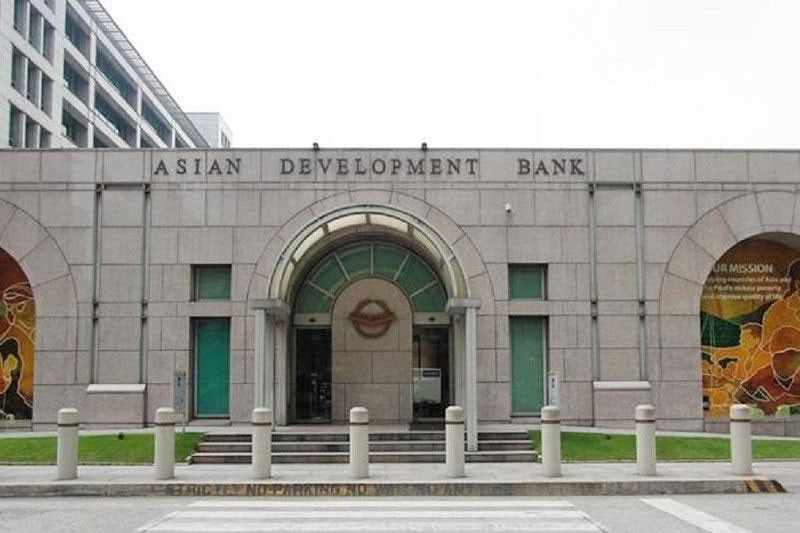ADB cites need to shore up social protection programs

MANILA, Philippines — Asian countries need to strengthen and expand their social protection programs to be ready for the impact of climate change, according to the Asian Development Bank (ADB).
In the multilateral lender’s latest blog, ADB social sector specialist Amir Jilani said there is a need for countries in the region to beef up social protection programs as the region is the most prone to disasters and vulnerable to the impact of climate change.
Of the 10 countries most affected by climate change, six are in Asia.
“While poor communities in Asia have contributed the least to global warming, they are now experiencing the worst of the climate crisis,” Jilani said, noting an average of over 40,000 people in the region are killed every year by storms, floods, and other natural disasters, with women and girls more likely to die due to climate-related disasters than men.
“The combination of densely populated urban and coastal areas, low-lying land, and many small islands means that countries in developing Asia will continue to be at severe risk of climate change. Indeed, every aspect of life, from health and nutrition to safety and income, will be affected,” Jilani said.
Through social protection measures, he said countries would be able to build resilience and protect the most vulnerable from climate, health, and socio-economic shocks.
He said the COVID-19 pandemic has shown the importance of having strong social protection systems in place as such did not only mitigate income and job losses, but also helped prevent the spread of the virus, as well as deaths.
Countries that scaled up social assistance by using digital tools to help households during the pandemic include the Philippines, Pakistan, Mongolia and Cambodia.
“As we emerge from the immediate crisis period, building adaptive and shock-responsive social protection systems has become more important than ever before,” he said.
According to Jilani, countries could strengthen social protection’s role in responding to the climate change challenge through universal delivery systems that allow automatic and efficient expansion of social protection to vulnerable populations.
This would include having universal coverage of digital ID systems and social registries; strengthening registration options for vulnerable groups; improving integration and interoperability of large-scale databases including early warning systems to predict needs and promote timely action; and having robust payment mechanisms.
Jilani said expanding the coverage of social protection to the most vulnerable including children, women, older persons, disabled people, and those in the informal sector or groups hit hardest by shocks would also be beneficial.
“Though expansion in coverage will involve trade-offs and fiscal considerations, there is sufficient evidence documenting the positive multiplier effects of social transfers on the economy. The cost-effectiveness of these programs, particularly when they enable the poor to recover from shocks quickly or avoid adverse coping behaviors, can be substantial,” he added.
The conduct of poverty, risk, and vulnerability assessments, Jilani said, would help in beneficiary selection and in understanding the needs of households.
Moreover, countries can come up with “climate-smart” social protection systems to support climate adaptation and mitigation.
“These include shock and weather-indexed insurance schemes, economic inclusion (graduation) programs that help to diversify livelihoods, and temporary social assistance linked to skills training for vulnerable workers,” Jilani said.
In the Philippines, the pilot of a graduation approach supported by the ADB has helped strengthen household resilience to the pandemic in terms of financial security, food security, and mental health.
Jilani said having coherent policy and greater collaboration with those involved in climate change, disaster risk management and humanitarian response through mechanisms such as multi-sectoral technical working groups, national coordination frameworks, and standardized guidelines would also help strengthen social protection.
“Finally, countries must invest in the human and financial capacity required to make social protection systems more adaptive,” Jilani added.
- Latest
- Trending


























